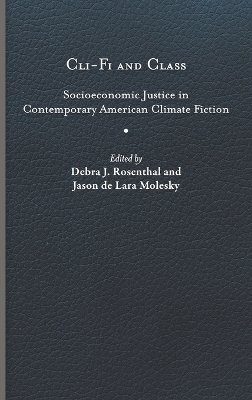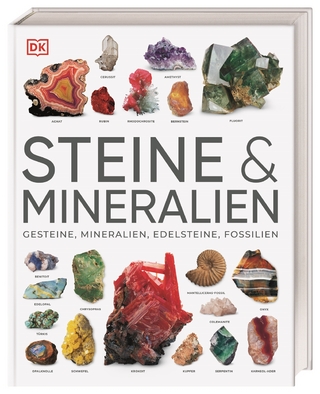
Cli-Fi and Class
University of Virginia Press (Verlag)
978-0-8139-5024-2 (ISBN)
Since its emergence in the late twentieth century, climate fiction--or cli-fi--has concerned itself as much with economic injustice and popular revolt as with rising seas and soaring temperatures. Indeed, with its insistent focus on redressing social disparities, cli-fi might reasonably be classified as a form of protest literature. As environmental crises escalate and inequality intensifies, literary writers and scholars alike have increasingly scrutinized the dual exploitations of the earth’s ecosystems and the socioeconomically disadvantaged.
Cli-Fi and Class focuses on the representation of class dynamics in climate-change narratives. With fifteen essays on the intersection of the economic and the ecological--addressing works ranging from the novels of Joseph Conrad, Cormac McCarthy, and Octavia Butler to the film Black Panther and the Broadway musical Hadestown--this collection unpacks the complex ways economic exploitation impacts planetary well-being, and the ways climatic change shapes those inequities in turn.
Debra J. Rosenthal is Professor of English at John Carroll University and the author of Performatively Speaking: Speech and Action in Antebellum American Literature. Jason de Lara Molesky is a postdoctoral fellow at the Mahindra Humanities Center at Harvard University.
Introduction
Hadestown and Other Myths for the Anthropocene: Company Towns and Proletarian Traditions in US Climate Fiction
Burnout: Cli-Fi and Exhaustion
Resource Utopia and Dystopia: Excavating Class in Afrofuturist Cli-Fi Film
Dreaming a Decolonized Climate: Indigenous Technologies and Relations of Class and Kinship in Cherie Dimaline's The Marrow Thieves
Climate-Change Fiction and Poverty Studies: Kingsolver's Flight Behavior, Diaz's "Monstro," and Bacigalupi's "The Tamarisk Hunter"
Learning to Survive: Place-Based Education in Strange as This Weather Has Been and Parable of the Sower
Settler Apocalypses: Race, Class, and the Erasure of Indigenous Resilience in Alaskan Cli-Fi
Black: A Speculative Almanac for the End of the World
Class and Revolution in the Climate Fictions of Kim Stanley Robinson: Transitions to Postcapitalism
Heartland of Darkness: Nostalgia and Class in the Climate Fiction of Paolo Bacigalupi
Whose Odds? The Absence of Climate Justice in American Climate Fiction of the 2000s and 2010s
Cli-Fi and the Crisis of the Middle Class
Homelessness in Lauren Groff's Florida Fiction: Climate Change and Displacement
Epilogue: What has Changed Since Anthropocene Fictions?
Contents
Acknowledgments
Notes on Contributors
Index
| Erscheinungsdatum | 18.10.2023 |
|---|---|
| Reihe/Serie | Under the Sign of Nature |
| Verlagsort | Charlottesville |
| Sprache | englisch |
| Maße | 152 x 229 mm |
| Gewicht | 272 g |
| Themenwelt | Sachbuch/Ratgeber ► Natur / Technik ► Natur / Ökologie |
| Geisteswissenschaften ► Sprach- / Literaturwissenschaft ► Anglistik / Amerikanistik | |
| Geisteswissenschaften ► Sprach- / Literaturwissenschaft ► Literaturwissenschaft | |
| ISBN-10 | 0-8139-5024-4 / 0813950244 |
| ISBN-13 | 978-0-8139-5024-2 / 9780813950242 |
| Zustand | Neuware |
| Haben Sie eine Frage zum Produkt? |
aus dem Bereich


